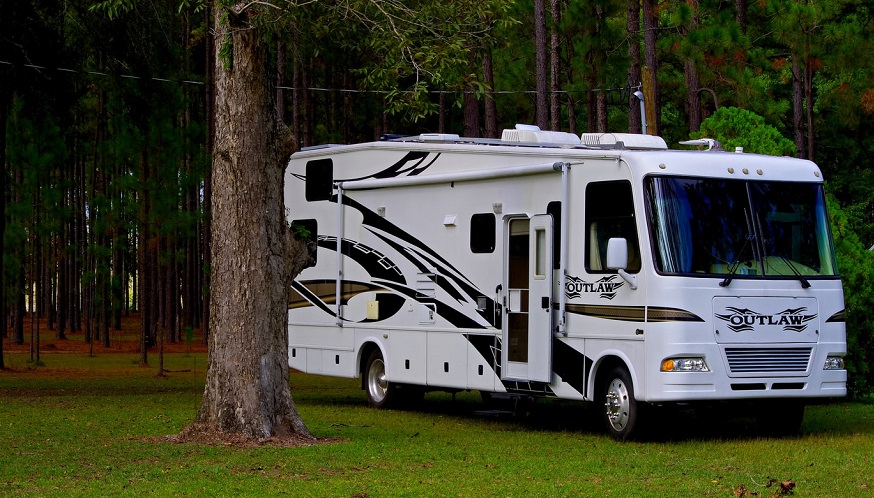As flights, train rides and buses are out of the question for travel, recreational vehicles have become popular.
As travel remains broadly restricted across the country and around much of the world, RV rental insurance has seen a sudden increase as Americans look to alternate ways to take their vacations.
Renting recreational vehicles has always been popular, but this year is seeing an uptick due to regulations.
Campers and recreational vehicles have typically appealed the most to one or two demographics, particularly the newly retired. However, this year it has provided travelers from many other demographics, such as families and couples, the opportunity to get away within the restrictions of the COVID-19 pandemic restrictions.
Many people who want to continue social distancing but who still want to get away are looking to renting recreational vehicles and are covering themselves with RV rental insurance.
According to a vehicle sharing platform for these types of vehicles, RVShare, they have seen a 650 percent increase in their traffic since the start of April. Moreover, when that company conducted a survey among its users, it found that 93 percent of people who are headed away on vacation this summer “want to avoid crowds” when they do so. That is a 70 percent increase over the figure when the company asked the same question in a survey ahead of the pandemic.
The RV rental insurance is purchased in order to cover drivers while they’re behind the wheel.
Just as the interest in renting recreational vehicles and campers has spiked, so has the need to cover the risks of driving one once it has been rented. Though some companies require this coverage to be purchased independently, others include the RV rental insurance coverage as a part of their rental fee.
This trend toward recreational vehicles and campers is a sharp return after the bottom had fallen out of the interest in renting when the pandemic first arrived in the United States. Companies watched inquiries virtually disappear and many wondered if they would need to shut their doors. Now that stay-at-home restrictions are starting to ease in  many areas, vacationers are looking into ways to get away without checking into hotels, taking planes or heading to other locations that would require shared spaces and crowds.
many areas, vacationers are looking into ways to get away without checking into hotels, taking planes or heading to other locations that would require shared spaces and crowds.
